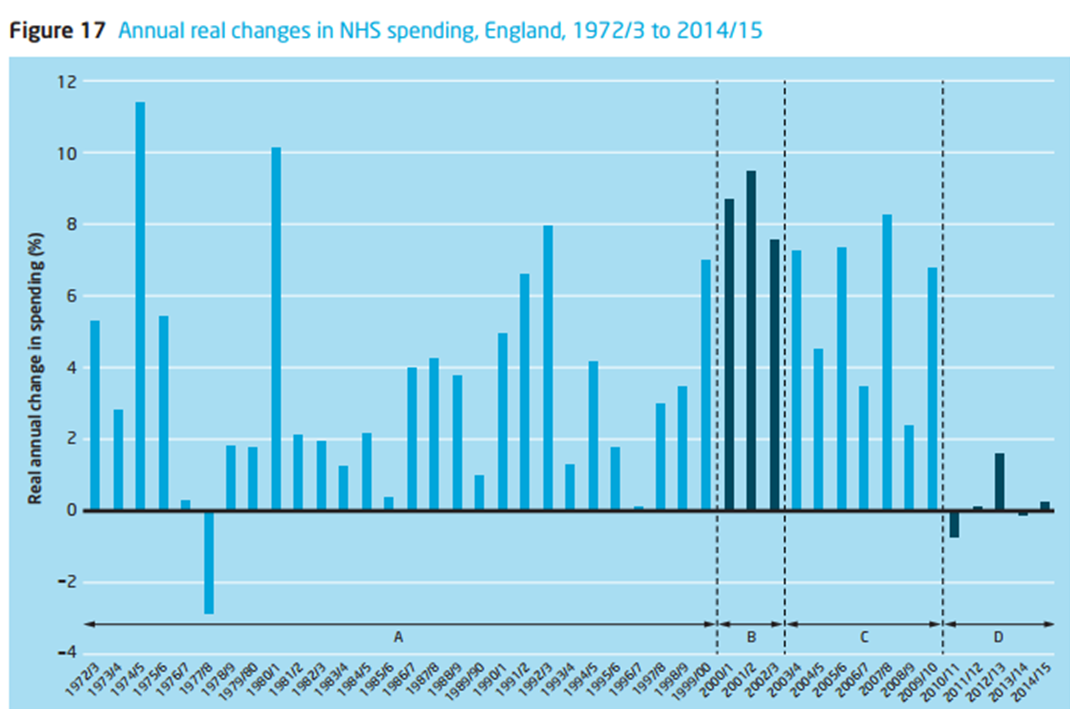In a popular group on “Facebook”, somebody has written the following:
“This will be my last message on this group as my husband has finally received the diagnosis that we have been waiting for.
For years he has been diagnosed with dementia, firstly Lewy body Dementia and then for the last 2 years it has been FrontoTemporal Dementia but now we know the truth – he has Lyme Disease caught from a tick bite he didn’t know he had during our trip to The Rockies in 2003. For the last 10 years he has been seeing a procession of medical professionals including Neurologists, Psychologists and Psychiatrists but they have all said that he didn’t typically fulfil the criteria for any of the conditions that he has been diagnosed with but they have treated him as though he did, therefore he has had a boat-load of medication that his body didn’t need. If he had been tested for Lyme when he first started to baffle the medical profession then it could have saved us many years of traumatic symptoms, incorrect treatment and medical professionals openly saying that they felt his symptoms were ‘all in his head’, ‘nonsense’ and a ‘childish ploy for attention’. I THINK NOT ! Unfortunately we have had to go private to get the testing done but now we have a definitive diagnosis and a treatment plan. – it is typically successfully treated with an extended course of intravenous antibiotics and supplements to support the body through the treatment period. There is now a very bright light at the end of a very long, very dark tunnel.
I do appreciate that many of you will not agree to this message appearing on here but it is entirely possible that may be a few who have been in a similar position to my husband and I would urge you to consider the possibility of obtaining private testing (the tests are sent to Germany and USA as the tests done there are more sensitive and accurate than in UK) in the likelihood of having had a tick bite at some point. I have attached a short video that explains the problems with getting Lyme diagnosed and once again apologise if this message seems inappropriate.
http://www.endowmentmed.org/pdf/updatelyme.pdf“
The current Government, in partnership with the Alzheimer’s Society, is trying to improve the diagnosis rates of dementia.
The medical profession has been consistently warning, on deaf ears, that every misdiagnosis of dementia is potentially a tragedy.
For every incorrect diagnosis of dementia, a person is being denied treatment for the correct diagnosis.
For every incorrect diagnosis of Alzheimer’s Disease, a person is being denied treatment for a different, but correct, cause of a cognitive problem.
It is dangerous that this policy exists in England, which promotes ‘dementia awareness’, but which has not improved resources for specialist clinical services for the diagnosis, investigation and management of dementias.
Dementia is part of a wide ‘differential diagnosis’, meaning that many conditions can mimic dementia particularly in the elderly.
The infective agent of Lyme disease is the spirochaete Borrelia burgdorferi, usually transmitted in tick bites.
The disease occurs sporadically in parts of North America, Europe and Asia, but true prevalence is unknown. Infection can lead to a whole manner of presentations in any part of the nervous system.
Clinical symptoms include an acute rash (erythema chronicum migrans) at the site of the bite within a month, which is indicative. Relapsing, migratory, large-joint arthropathy and carditis may occur.
Overall, 10–15% of affected individuals develop neurological symptoms. Cognitive impairment, inattention and emotional lability may be present, with usually mild chronic confusional state.
Subjective memory loss has been suggested but a clear dementia syndrome is very rare is very rare.
Specialist testing would have been necessary to identify this in the NHS.
For an investment equivalent to the cost of ‘Dementia Friends’, £2.4 million, it’s quite likely that a disaster like this would have been avoided in this jurisdiction.
The timebomb which is ticking is not the numbers of dementia.
Do pardon the bad pun.
In this jurisdiction, evidence now points to a falling prevalence of dementia cases.
The real “timebomb” for dementia is the number of unsafe diagnoses from non-specialists.
There are fewer than 365 days until the next general election on some happier news.


